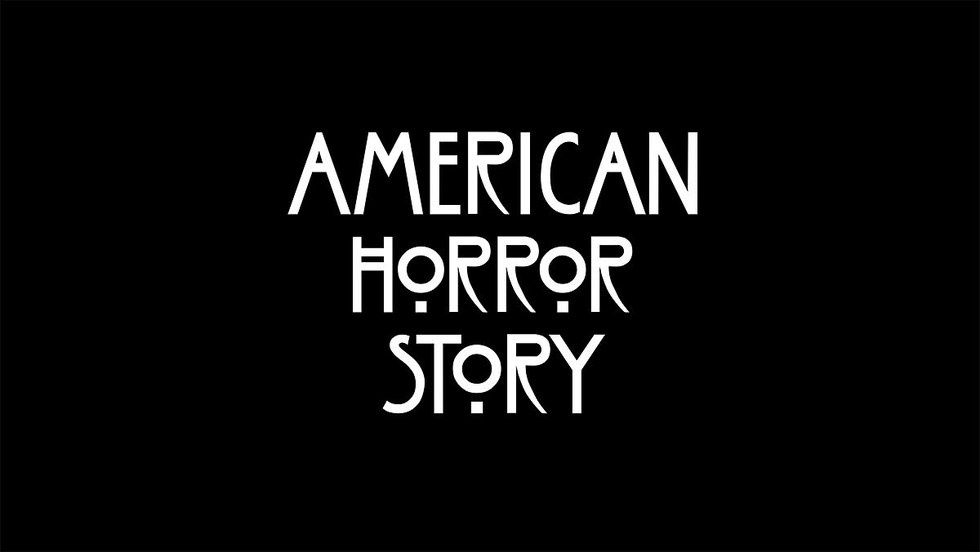Somewhere around 1:00 AM a couple weekends ago, standing in a strangers' kitchen with heavy bass music and the scent of jungle juice surrounding us, my friend tells me they're asexual. They're reportedly drunker than they've been in a while, gripping the wall as they explain to me how difficult it's been to find people who "get it," even at K. I think of one of my best friends from home and how another friend (who was gay) had told her, by way of excusing himself for making jokes about her orientation, that he "just doesn't understand asexuality." I remember her scouring shelves and internet forums for young adult novels without romance, and I remember rambling, panicked emails lamenting her parents' desire for her to find a marriage like theirs one day. She is aromantic and asexual, where the friend I first mentioned is alloromantic (meaning they do experience romantic attractions and feelings) but both have experienced and expressed to me the isolation of their identities and the struggle of finding a community based on them.
If you're anything like me and you've found yourself searching the tags of social media for pages and groups of queer people, you've probably come across a post or group description that excludes all those who don't "experience a degree of same-gender attraction." Even those that include heteroromantic heterosexual trans people often emphatically disagree with the idea that asexual and aromantic are valid identities that exist under the queer umbrella.
Alloromantic/allosexual queer people argue that ace/aros don't experience the same oppression that other queers do and that this "privilege" detracts from their validity as queer people. They cite stories of gay people being fired when their employer meets their partner. An ace/aro person, they say, could never be fired from work for being queer because an employer would never know their identity. But couldn't the same thing be said for any queer person who isn't completely open with everyone regarding their identity? Yes, it may be easier for ace/aro people to stay "in the closet," but is that really privilege? And even if it is, privilege clearly exists within the allo queer spectrum too. In fact, so many of the exclusionary queer spaces which reject ace/aros are led by and made up of white cis gay men.
Queer is a complicated word with a complicated history, but one of the most important components of it is community. Ace/aro people exist outside of the cishetero community, and if we don't allow them to use the words that they identify with, we force them outside of ours too. We deprive our community of the insights and contributions of an entire group and deprive them of the comfort of solidarity.


























